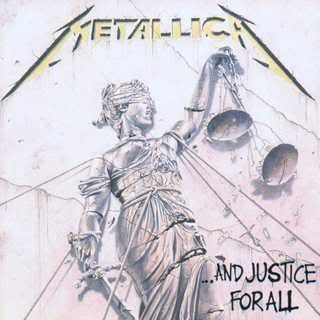 AC/DC-Dirty Deeds Done Dirt Cheap
AC/DC-Dirty Deeds Done Dirt Cheap1976; Atlantic Records
http://acdc.com/index-orig.php
1. Is It Any Good?
There's a tendency among people who don't like AC/DC, and even some who do, to lump them in with other party rock bands of the era such as Van Halen and Aerosmith. While this is an arguable point of view to take post Back In Black, while Bon Scott was alive there were three aspects of AC/DC that, in my mind, put them leaps and bounds above their cocks-out contemporaries: Sincerity, rambunctiousness, and the sincerity of their rambunctiousness.
The songs on Dirty Deeds Done Dirt Cheap are about, in this order:
- Contract murder
- Sex with minors
- The enormity of AC/DC's testicles
- The intensity of Bon Scott's awesomeness
- Killing people when you're drunk
- Playing shows
- The path to being a kickass rock star
- Moving on from heartbreak
- Sex with virgins
Even when they take the time to get a little serious during "Ride On", it's not even remotely jarring because by the time it arrives, you and the band are pretty much best friends and you can talk to each other about anything. You'd only hear lines like "I ain't too young to worry, and I ain't too old to cry when a woman gets me down" from a hardass like Bon Scott if he thought you and him were best pals. And really, how far would you have to have a stick up your ass to not want to hit the town with these guys by the time the album is done? At this point in their careers, AC/DC was about as dirty and mean as they come, but above even that, they were an insane amount of fun. If you can tear yourself away from "serious" music for about 40 minutes, I can't think of a better album to take a break with.
2. Is It "Important"?
People generally seem to look at Highway To Hell as the Bon Scott era's most influential AC/DC album. I know that for me personally, the title track is what hooked me into loving AC/DC, but there was no real metal framework established with this album-I know more than a few people who wouldn't even consider AC/DC to be metal at all, as a matter of fact. Then again, influence and heaviness were never really the point with this album.
3. Is It A Good Entry Point For Beginners?
If anything, I think that this would be almost too much of a softball for people who were trying to get into heavy metal. As stated above, there are a lot of people who don't even consider AC/DC to be in the genre, and this album definitely isn't going to change any minds in that regard. As excellent as this album is, I wouldn't give it to somebody specifically trying to get into heavy metal-not because it isn't wonderful, but because it doesn't really give the casual listener a good idea of what metal per se is about.
So while Dirty Deeds Done Dirt Cheap is worth listening to out of sheer fun, there are no gates this is going to open for somebody who doesn't like or understand metal. Highway To Hell skirts this line as well, but all in all it's probably closer to what most people consider to be metal and therefore more appropriate to show to somebody who's trying to get into metal. That being said, AC/DC is such a part of the public cultural lexicon these days that no part of their discography is going to be seen as "actual" metal, so maybe you should just scrap that all together.
So, yes, do listen to it. Just not in the context of this list.
-CJ


